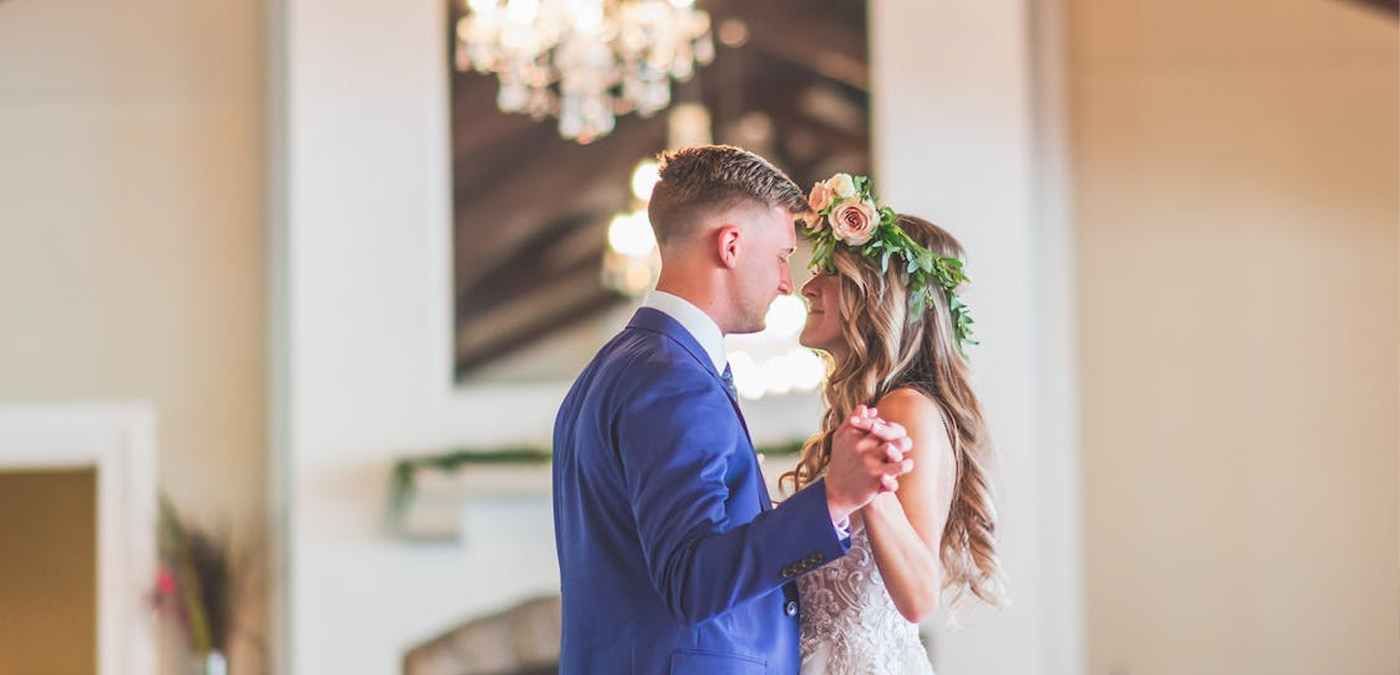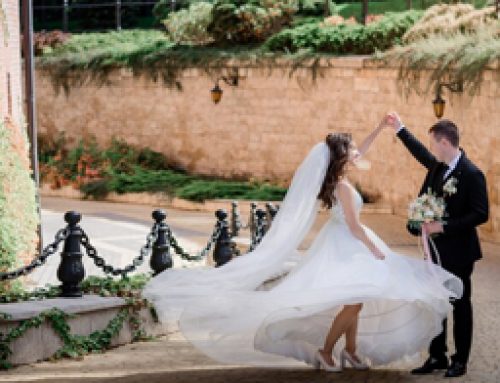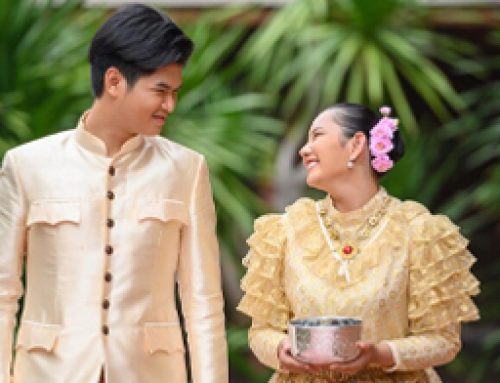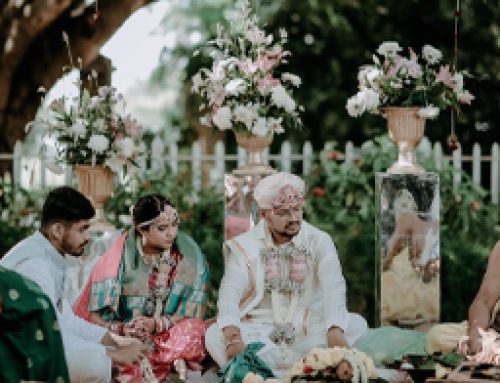Portugal Wedding Tradition
Portugal, a country with a rich cultural heritage, has its unique set of wedding traditions that reflect the customs, values, and history of the Portuguese people. These traditions vary across different regions of Portugal, but there are some common elements that are often observed in Portuguese weddings. Let’s explore these traditions in more detail:

Church Ceremony:
Traditional Portuguese weddings often take place in a church, with a religious ceremony officiated by a priest. The ceremony is deeply rooted in Catholicism, as Portugal has a strong Catholic influence. The couple exchanges vows and rings while receiving blessings from the priest. The church ceremony is a solemn and sacred event, attended by close family and friends.
Procession to the Reception Venue:
After the church ceremony, the couple and their guests proceed to the reception venue, often in a convoy of decorated cars. This procession is known as the “cortejo,” where the couple leads the way, followed by their families and guests. It is a celebratory parade that attracts the attention of passersby, who often cheer and congratulate the couple.
Cocktail Hour and Appetisers:
At the reception venue, a cocktail hour is usually held before the main meal. During this time, guests mingle, enjoy drinks, and indulge in a variety of appetisers, known as “entradas”. These appetisers often include traditional Portuguese dishes, such as codfish cakes (pastéis de bacalhau), sausage (chouriço), cheese, and olives.
Wedding Feast:
The main meal at a Portuguese wedding is typically a lavish affair. It consists of multiple courses, featuring a variety of traditional dishes and local delicacies. Some popular dishes that may be served include grilled fish, roasted meats (such as suckling pig or lamb), seafood rice, caldo verde (a traditional Portuguese soup), and regional desserts.
Wedding Favours:
In Portuguese weddings, it is customary for the couple to provide wedding favours to their guests. These are small gifts or tokens of appreciation that are given to each guest as a thank-you gesture for their presence. Common wedding favours in Portugal include personalised items, such as keychains, mini bottles of local wine or olive oil, or traditional sweets like “bem-casados” (a type of Portuguese wedding cookie).
Traditional Dances:
Portuguese weddings are known for their lively and energetic traditional dances. One such dance is the “vira,” which is a popular traditional folk dance where guests form a circle and dance together, often accompanied by live traditional music. The “corridinho” is another traditional dance that involves a couple dancing to upbeat music while spinning handkerchiefs in the air. These dances create a joyful and festive atmosphere, encouraging everyone to participate and celebrate.
Wedding Cake and Sweets:
A Portuguese wedding is incomplete without a beautiful wedding cake. The cake is often grand and elaborately decorated, and it serves as a centerpiece during the reception. Traditional Portuguese desserts, such as pastéis de nata (custard tarts), arroz doce (rice pudding), or queijadas (cheese pastries), are also commonly served alongside the wedding cake.
Midnight Supper:
A unique tradition in Portuguese weddings is the “ceia,” or midnight supper. This is a late-night meal that is served to keep guests energised and entertained throughout the night. The ceia often includes hearty dishes such as sandwiches, soups, or traditional Portuguese stews like “cozido à portuguesa.”
Traditional Attire:
Portuguese brides traditionally wear a white wedding gown, symbolising purity, while grooms wear formal suits. In some regions, brides may also wear a traditional Portuguese costume known as the “traje de Viana,” featuring vibrant colors, intricate embroidery, and gold jewelry. Guests are expected to dress formally for the occasion.
Traditional Customs and Superstitions:
There are several traditional customs and superstitions associated with Portuguese weddings. For example, it is believed that it is unlucky for the groom to see the bride in her wedding dress before the ceremony. It is also customary for the bride to carry something old, something new, something borrowed, and something blue for good luck.
These are just a few of the many wedding traditions observed in Portugal. Each region and family may have their unique customs and variations. Nonetheless, Portuguese weddings are known for their warm hospitality, delicious cuisine, and vibrant celebrations, reflecting the country’s rich cultural heritage.
If you’re seeking a venue in the lap of nature, Seasons5 is a great place to host your wedding. Our onsite Cinnamon Bay Restaurant can prepare delectable meals according to your preferences. Contact us on 03 8376 5300 or email us at contact@seasons5.com for more information.








